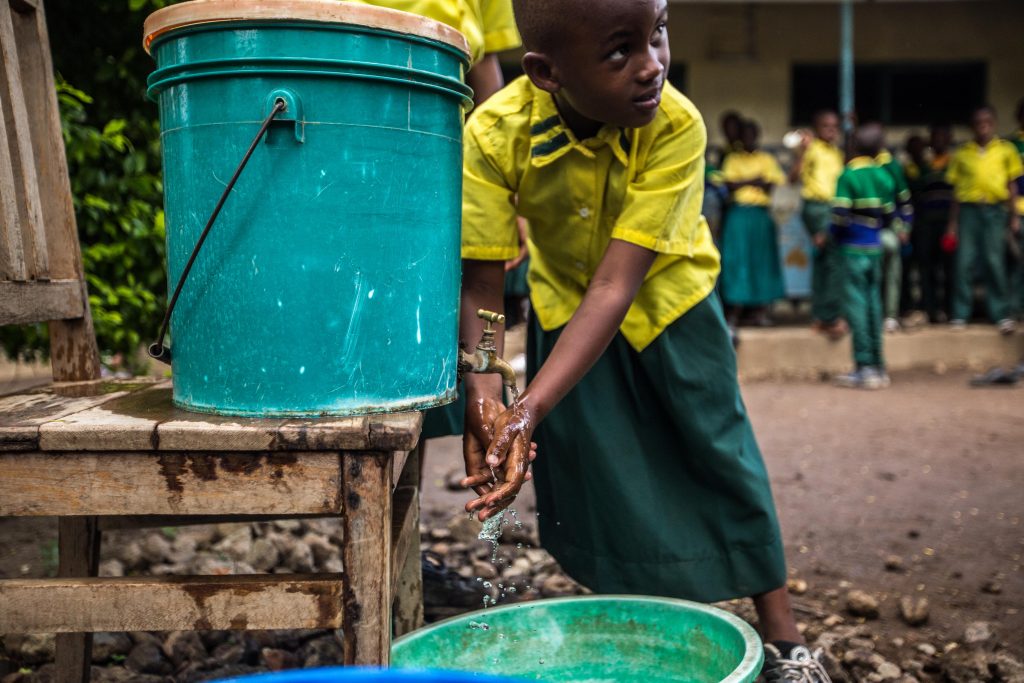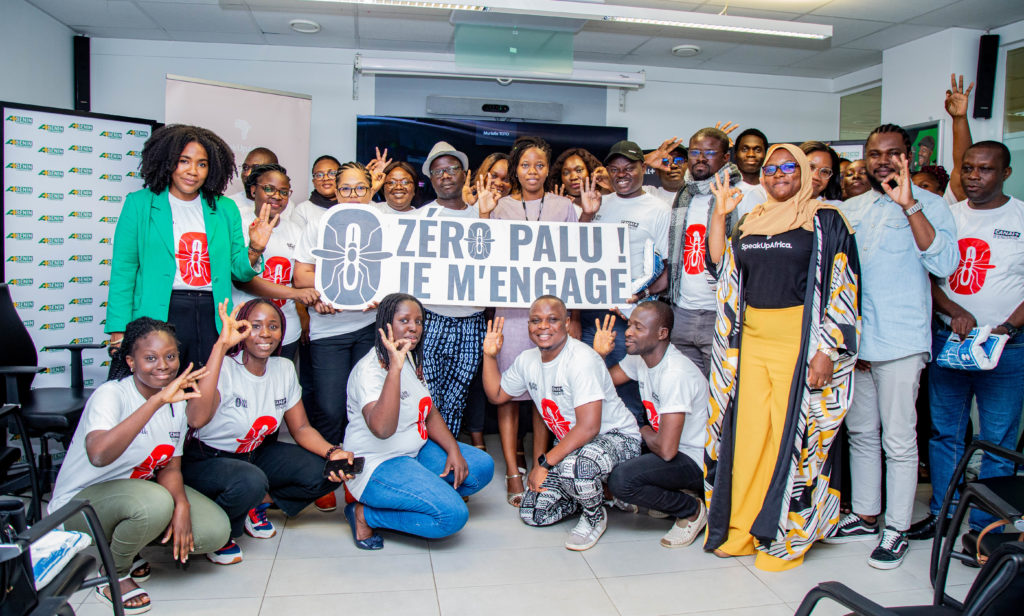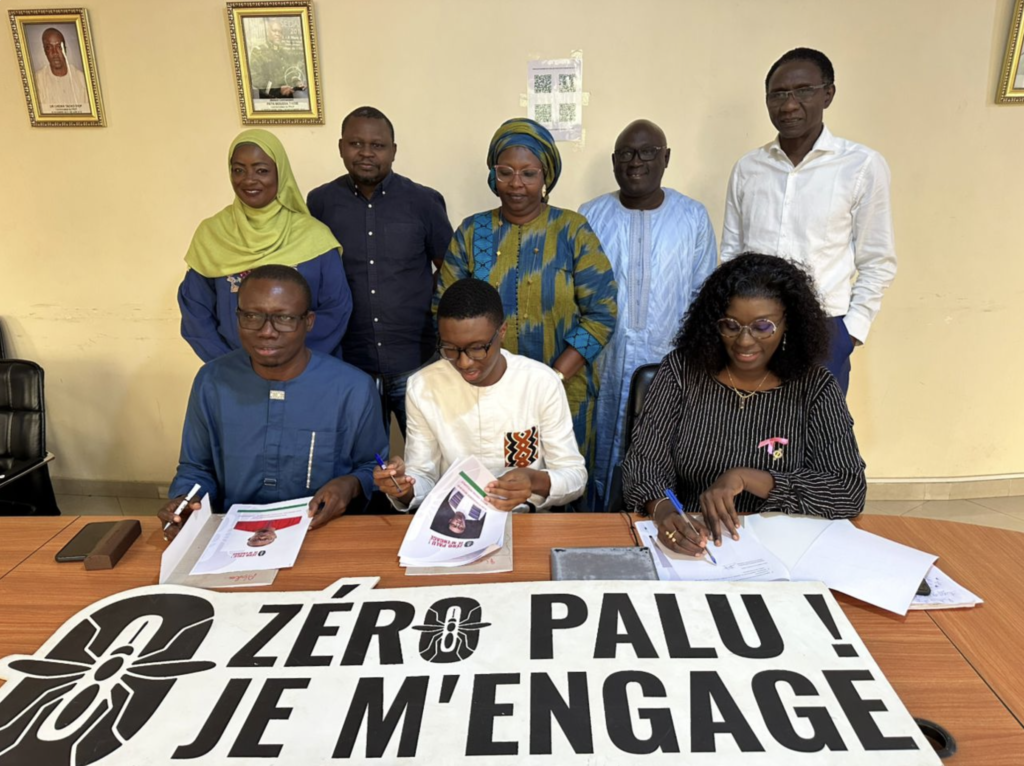COVID-19 is highlighting the importance of improving sanitation on the continent

Now, more than ever, in the times of COVID-19, Africa is coming to the realization of how much improvement is needed in the sanitation sector. When dealing with a pandemic where the best method of curbing the spread of the disease is frequent handwashing with soap and water, the continent faces a lot of struggles. Statistics show just what a great disparity exists between what is necessary and what is realistic. According to the African Development Bank, 400 million Africans lack access to safe water and nearly 800 million do not have access to basic handwashing facilities.
Only 28% of Sub-Saharan Africa’s 962 million inhabitants have access to basic sanitation, and 32% still practice open defecation according to a WHO/UNICEF 2017 study. This situation is not expected to get better without drastic action as Africa’s cities get more populated, pushing people into growing slums due to increased rural-urban migration and rapid population growth. Majority of Africa’s city-dwellers live in informal settlements and slums deprived of basic sanitation services.
According to Aïda Kabo, Speak Up Africa’s Sanitation Program Officer, “the added stress that COVID-19 has placed on the sanitation sector shows why the status quo cannot be maintained. COVID-19 highlights why comprehensive and inclusive sanitation and hygiene policies backed by sustained funding are needed to improve access to safely managed sanitation for all and prepare responses to future crises.” Across the full non sewered sanitation value chain, she highlights the various ways that COVID-19 has identified weak spots. When lockdown measures were put in place, majority of people without access to piped water in their homes found themselves in a precarious state. They would not be able to gather outdoors to fetch water, but this was the same water that they needed to use to protect themselves from the pandemic, with frequent handwashing with water and soap. When it comes to sanitation services providers, the situation is equally difficult. For example, in Dakar, more than 70% of the population rely on non-sewered sanitation and mechanical emptying of their septic tanks. With restrictions measures, a lot of these private companies were struggling to do their work during the allotted hours. As household incomes dip, paying for emptying services, becomes a much lower priority for households as they need to use the little they have for basic household essentials. These private companies that play an important role in the sanitation sector are struggling financially to stay afloat.
Different private and public sector players have ramped up their efforts this year to address the overwhelming gaps in sanitation – made more complicated by the pandemic. As an example, in the recent months, Speak Up Africa, spearheaded the formation of Stay Safe Africa, a campaign that brings together partners, journalists, civil society organizations, private-sector companies and political leaders to increase investments and awareness of COVID-19 on the continent while ensuring access and treatment from other ongoing health threats. In June of this year, Stay Safe Africa, in partnership with the World Food Programme, Le Groupe des Amis de l’Alimentation Scolaire (GAASS) and Senegal’s Ministry of Education distributed and installed 300 handwashing stations in Senegalese schools. This was done to support the Ministry of Education in its mandate to continue educating students during the pandemic while struggling with the practicalities of keeping them safe.
The sanitation sector currently faces challenges emerging from a lack of clarity in sanitation policies, including institutional responsibilities, financing and cost recovery. Theoretically, African countries have policies to address the situation, but the realities on the ground are different. While various declarations, including the Ngor Declaration have been signed with ambitious goals of increasing access to sanitation for all, a huge gap still exists in making this a reality. To fill these gaps, the Africa Sanitation Policy Guidelines (ASPG) are being developed to support African States in the creation of an enabling environment for universal access to safely managed sanitation for all. According to an African Ministers’ Council on Water (AMCOW) study of sanitation policies in 26 African countries, 69% of sanitation policies are still based on the MDGs, whose timeline ended in 2015. The ASPG provide a framework that will easily be endorsed and approved by countries as they are frontline actors and active participants in the development of a guide that can adapt to their realities. The Africa Sanitation Policy Guidelines express what an ideal sanitation policy is, and countries will be able to use it as reference to develop inclusive and comprehensive sanitation policies.
Such efforts among others have been essential in supporting the sanitation sector, but much more is needed in the long term to strengthen the sector on the continent. COVID-19 has shown the continent the important of investing in the sanitation and hygiene sector, not only in times of crisis, but at all times to avert future disasters.
Ciku Kimeria as a Communication Consultant at Speak Up Africa in Dakar , a policy and advocacy action tank heading the Stay Safe Africa Campaign across the continent, partnering with various private and public partners to empower all citizens to play their part in limiting the spread of COVID-19.


